Fathering On Roads Not Paved
Exploring The Great Challenges and Gifts of Relating To And Parenting Our Children Through Soul
It is Friday night, March 8th, 2024. My wife and our two sons are staying with some friends in Westchester County, New York for the weekend. We are here for an intuition retreat for the boys – where teachers, over Saturday and Sunday, will help our sons and some other children cultivate their intuitive abilities. As I fall off into a deep sleep in our friends home, I dream that my oldest son, let’s call him J, is bleeding profusely, although he doesn’t seem injured. I am put in charge of dealing with all the red blood that keeps coming. What do I do with it?
We awake on Saturday morning, and J, our other son C, and the other children begin their intuition class. During a snack break, J comes running to me, crying and states that he doesn’t want to do the class anymore. I console him and a few teachers come to speak to him. They kneel down and ask him: “what color are your feelings right now?” “RED!” he proclaims. “RED. RED. RED!” The teachers calmly speak to him and somehow convince him to continue the class. I am incredibly torn: do I tell J it is fine to stop because he is overwhelmed, or do I allow the teachers to coax him back to participate in something that is clearly troubling him?
I step away to use the restroom and then I remember: BLOOD! The dream of J bleeding red and not knowing what to do with it all. My psyche was foretelling this event before it occurred in material time. I am overwhelmed with a feeling of grief, as I feel I had just missed an opportunity to connect and be there for my son on a deeper level during a time of need.
The weekend continued, and J ultimately enjoyed and thrived during the educational retreat. Since the weekend was about intuitive intelligence, and introducing children to their own innate intuitive capacities, I began to wonder about the implications or possibilities of intuitive fathering, or soulful parenting.
What would it mean to father intuitively? How could I share the dream image of J with him in a way that would benefit him - or deepen our relationship?
As I continued to dig into this notion of intuitive fathering, a much larger existential query began to wrap itself around me in the form of a few questions:
How, in an overtly secularized culture, can a father without a specific religious creed, connect spiritually to his child?
How can a father and son, often hiding in their roles and collectivized personas, communicate with one another in the language of their spiritual selves?
How does a father lead spiritually? How does he nurture and feed his children from a deeper core of himself?
It feels to me like a game of Marco Polo as the son or child despairs and wishes to proclaim: “See me dad!” His father, watching from the other room, considering how to connect, secretly whispers: “See me son, so I can see you, so I can know you, in the way I wish you could just once know me.”
If I am honest, when I look around me, or in my own home, I see that my wife and I have done a decent job at providing well materially for our sons. They have enough clothes, toys, food, a fairly nice house - a good school, etc. But, are we serving all of them? Are we as a couple or am I as a father providing for them spiritually? What would that look like? Is it even necessary?
Spiritual nourishment, and in this case spiritual fathering - as I am reflecting on it, feels a lot like making a plate full of beauty to sit next to the protein and vegetables on the dinner table. It feels like playing my sons some Miles Davis, reading to them some poetry I wrote, dancing together as a family, going to museums and art galleries, and concerts – hanging up our kids artwork all over the house. It feels like honoring the boys’ acts of self-expression as something to be revered, even more so than their grades at school. Spiritual fathering feels like understanding that matter, or material things can only satiate part of the voracious appetites of our children. It also feels like opening to the indirect yearnings for connection that my sons convey on a daily basis. For example, instead of being frustrated that J wants to play on his tablet when he gets home from school, understand that in his impulse is his necessity to play in another realm after so much structure all day. Instead of condemning him for that impulse, perhaps I could watch him and enter that world with him. This yearning for alternative realities is a call in our children to reconnect to their imaginative ground – to enter a transitional space between the material and spiritual realms.
Another way for me to consider this position as a spiritual father or parent is to step down from the role of parental elder, to that of curious pupil. Our children are already so steeped in the transitional spaces, the dual-habitat realm of imagination and material reality. They seamlessly transition between rationality and irrationality – between play, and goal-directedness. What can we glean from observing and participating in the unspoken lessons that our children convey on a moment to moment basis? How can we find each other, see each other, in the midst of a sea of hyper-speed technology, digital noise, and the compulsion toward abstract productivity and success? Where does the heart of our deeper relations to our children exist?
I have watched Andrew De Zen’s music video, “Of Woods and Seas,” for the group Alaskan Tapes, three times. You’ll notice the full video directly above this (where I suggest you watch in full), and various stills from it throughout this post. Shout out to my friend and collaborator Oliver Millar who shot this!
Every time I have watched this insanely gorgeous work of art, I have collapsed to the floor in a deep grief. The tears arrive like a liquid bolt of lightning.
Can I profess to know exactly what it means – the film itself and the source of my grief? Hell no. Yet it doesn’t matter. As a mentor of mine Kedar Brown once told me - “art isn’t supposed to make sense to the logical mind - it’s meant to quicken the heart, to dig into you in another way.”
Why does this beautiful little film arrest me so violently - so potently? I see a father longing for something quite other – an alternative mode of living and experiencing himself through the relationship with his son. I feel the tears welling up as I write this – because I know what it’s like to catch myself sleepwalking - or to get frustrated with my own sons when I need to just go inward and have silence. Yet in those moments - if I had the eyes to see it, or the door to my heart slightly more ajar, a vision of deep clarity awaits to be discovered. In other words, every single moment with our children is an opportunity for connection – an opportunity to show them how we see, or to let them teach us how they see.
There is a call in this film - a son calling out to father - and his despair in the film is the recognition of the call that easily falls beneath the cracks of our over busy lives. The father’s pathology and pain is the impoverishment of his capacity to see.
What precisely is this seeing of which I write?
“Alertness is the hidden discipline of familiarity.” - excerpt from David Whyte’s poem, Everything Is Waiting For You
Seeing in this sense is the capacity visualize a moment or experience of living with eyes of our two million year-old selves. When we can capture a golden thread of our inner experience meeting our outer experience, a moment of synchronicity, we are on a path of great beauty. A harmonization of disparate fragments of chaos, numbness, and aliveness begin to cohere in a type of clairvoyance, or clear-visioning.
The Beauty Way
The Navajo/Diné traditional prayer is called “The Beauty Way.” Here it is in Diné—the Navajo name for their nation—and translated into English.
In beauty I walk
With beauty before me I walk
With beauty behind me I walk
With beauty above me I walk
With beauty around me I walk
It has become beauty again
It has become beauty again
It has become beauty again
It has become beauty again
Human life is hard. For many or most of us who are not incredibly wealthy, we must work, and go to school, and do our own laundry – all the tiny little things that make life function and continue. What is more exquisitely beautiful than watching someone who works hard, who doesn’t have a ton, accept an attitude of grace and humility in the face of his or her average-ness? A janitor who can’t stop whistling a good tune. A fast food worker who cleans up after the elderly man who couldn’t bend over to pick up crumbs from the floor. A mother nurse her hungry baby while on a work call. Seeing our child dance two minutes after crying about being picked on at school. These vigorous moments of joy, simplicity, care, and courage – this is part of the Beauty Way.
Sinking back one last time into this notion of Spiritual Fathering or Soulful Parenting – we must create our world again, and again, and the creation of this world is found in the acknowledgement and collaboration toward shared moments of beauty. It a refusal to let the mechanization of our over-digitized world prevent the richness of connection between us and our children. World creation, moment creation, is allowing beauty - in kindness, in touch, in laughter, in artistry, to enter the room between us again and again.
We must be deliberate in acknowledging one another – realizing that all of us, no matter how confident and secure, are always seeking to be seen and acknowledged for being present – that our presence has a vibrational impact on others. Our souls wish to be beckoned into play.
Speaking of play, I can think of no better image for inviting each other into being. We play because we’re safe, because we have joy, because we see each other, because our hearts are open to experience.
Let’s find the possibility of play in any mundane moment. In this way, our children are the best teachers out there.
For us adults it’s simple. Go to your child or children today and just say: I’m ready to play.
J and C, my sons, if I can convey one thing to you as your father in this lifetime, it is this: I hope you never see me give up playing. I hope you see my silliness, my wildness, my passion for music, and writing, and creation. I hope you see me kiss and dance with your amazing mom. I hope you see me despair, and rise again with a smile and a shimmy across the floor. The world is tough as hell, but I will show you that I can find beauty, with you, again and again.
-David B. Godin
DURDEN is an upcoming Jungian coaching consultancy for midlife men, launching in late 2024. For more information, please subscribe.
Sources:
David Whyte
Sallie Bingham - The Beauty Way
Disclaimer: I do not own the rights to the images or video embedded in this post - and have no intention to monetize this post. The images are purely for artistic appreciation.





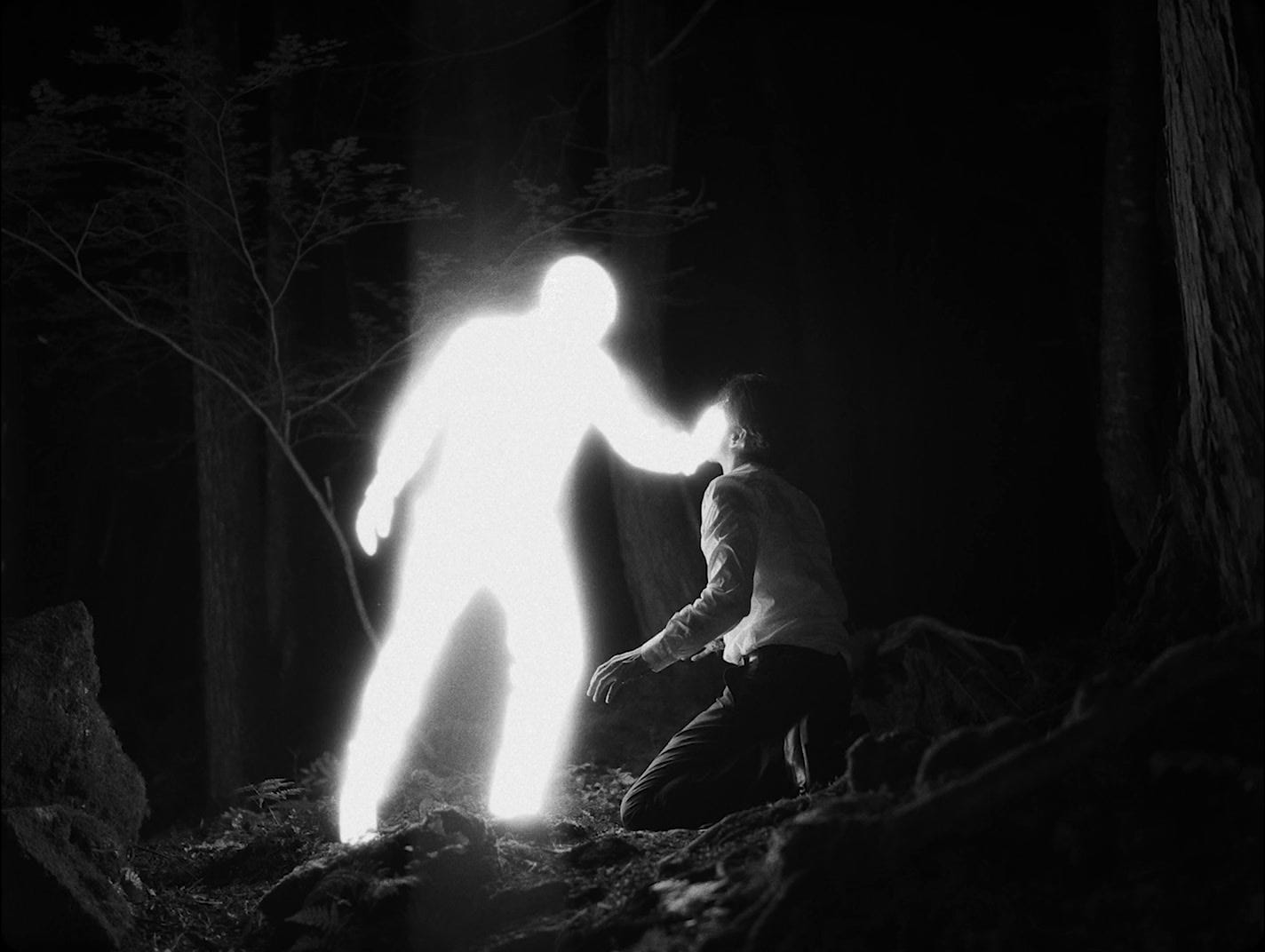
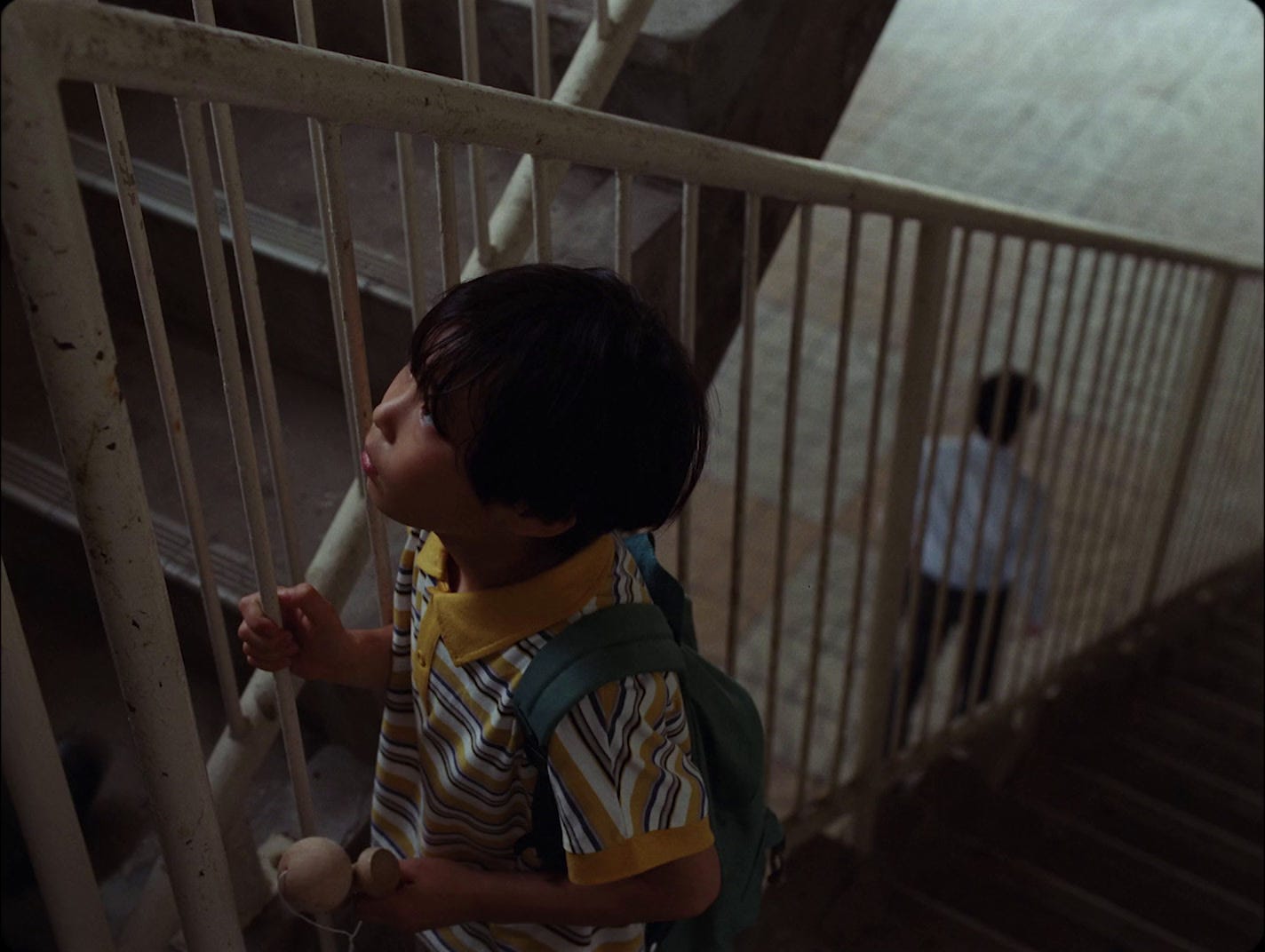
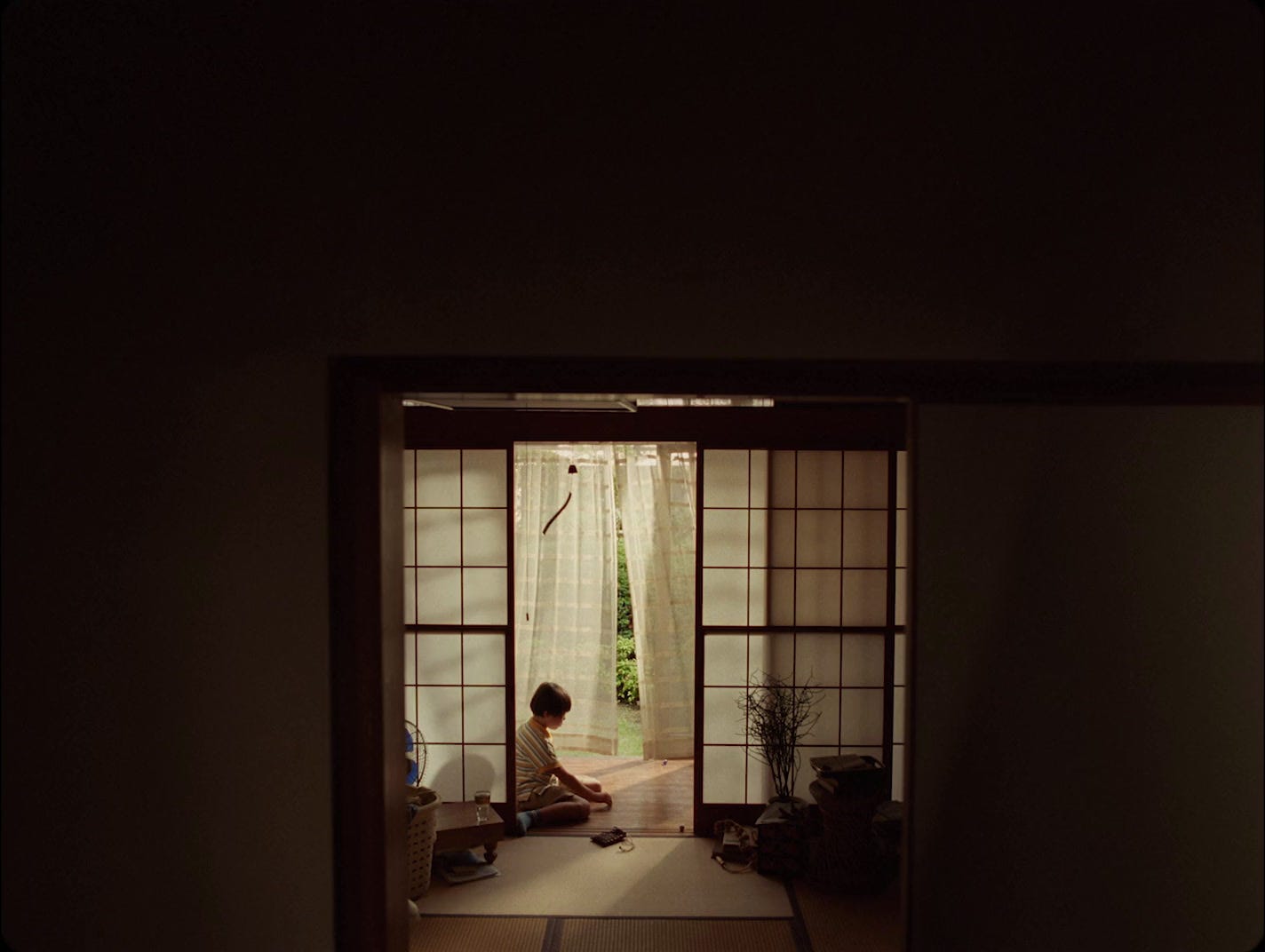
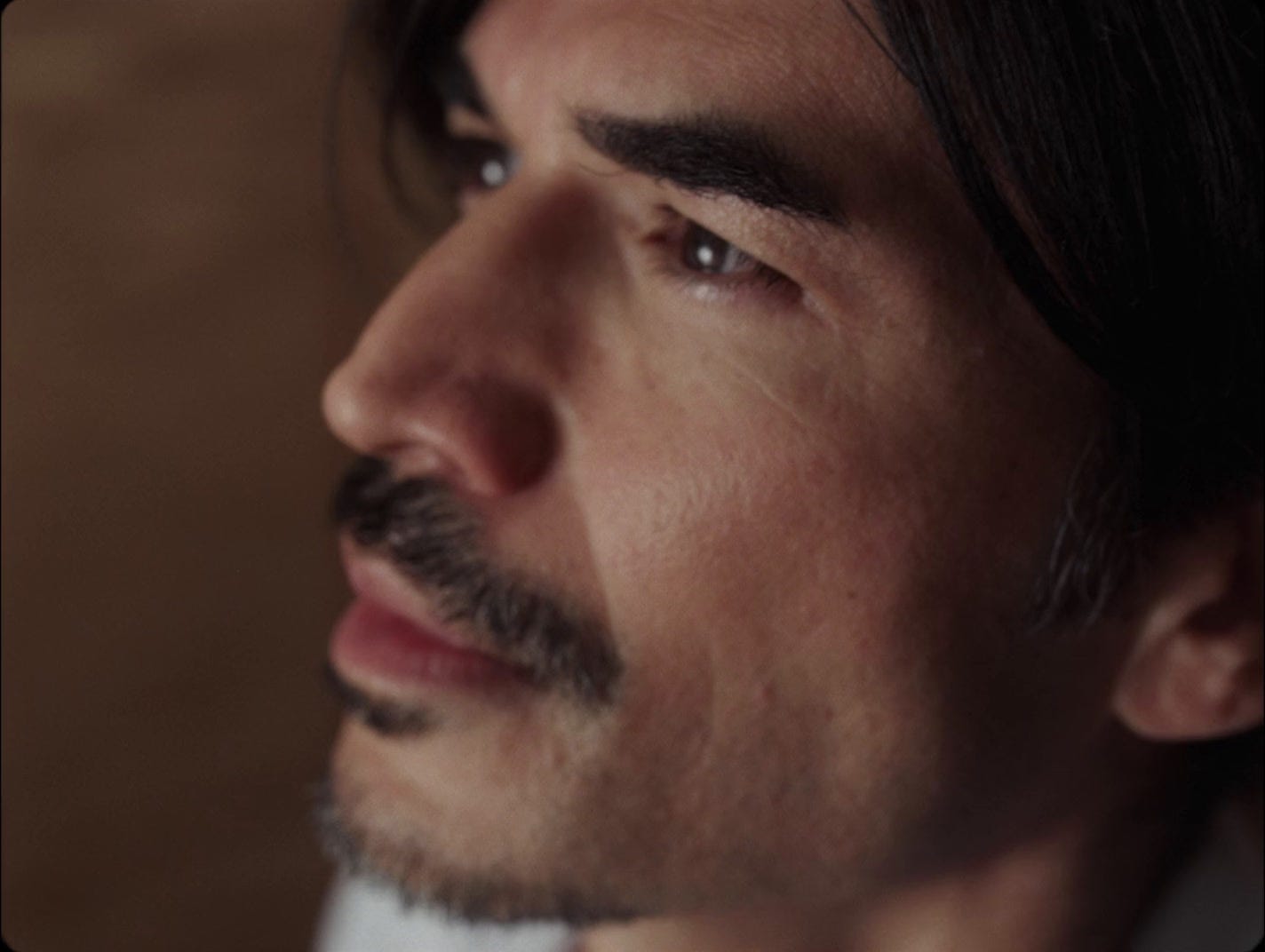

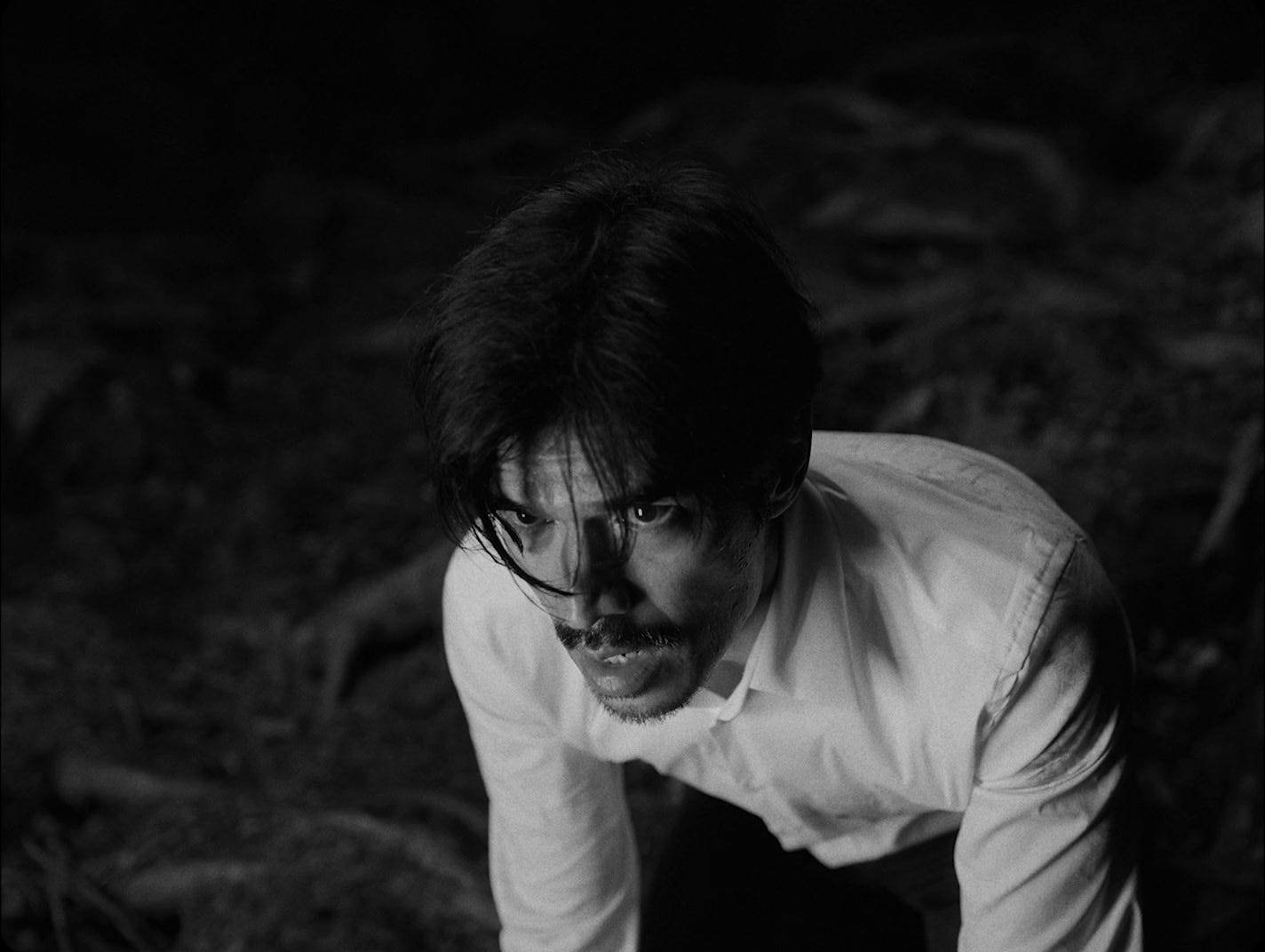
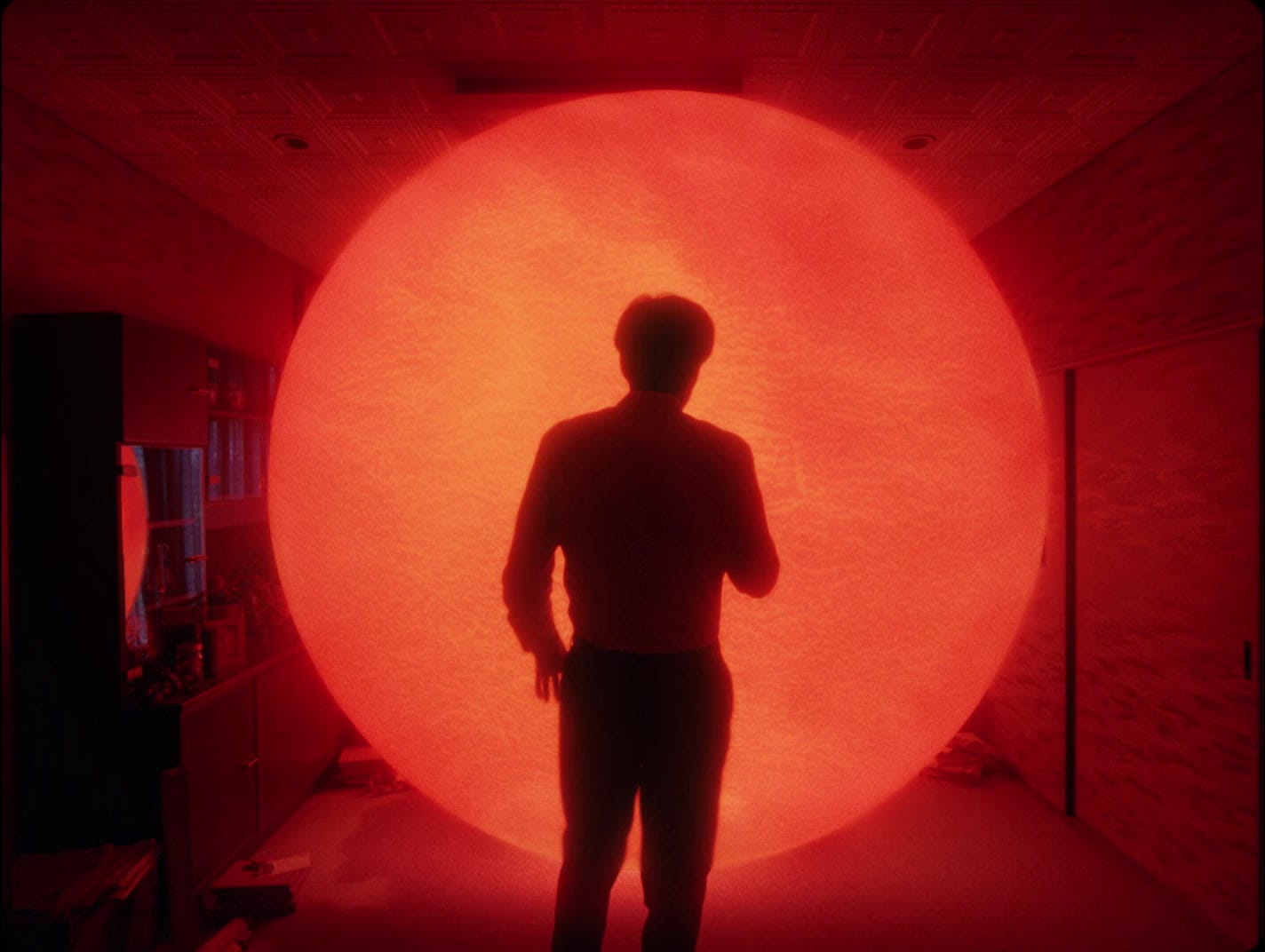
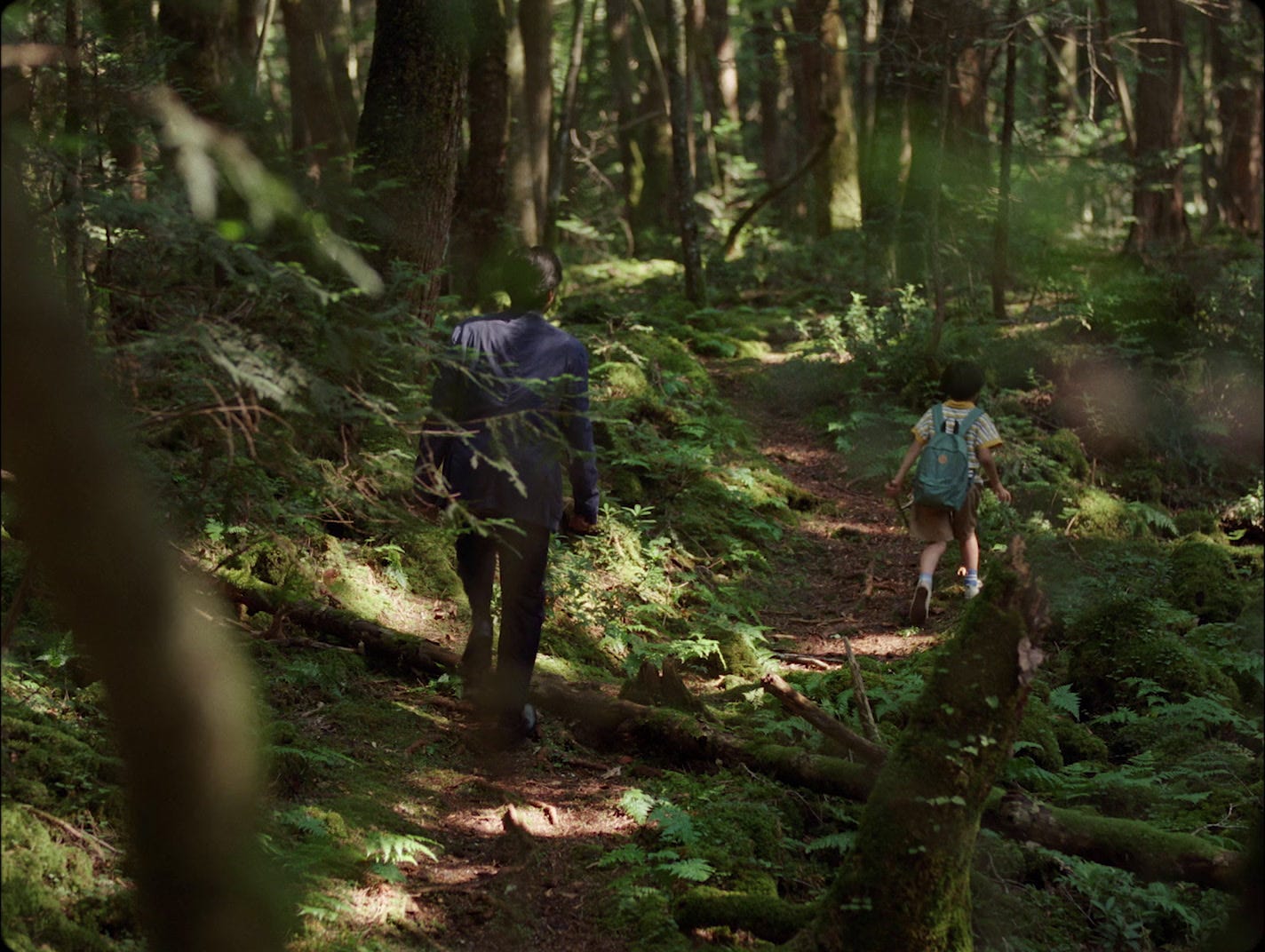

If you and your wife do not practice too much intervention, and you love each other, your kids will be okay. The deeper question is really how do we as adult parents grow ourselves. How do we avoid seeing everything as a kind of campaign to achieve some goal. The reality is that your kids need to see how you learn, how you fail, and how you recover with your personality in tact. They will learn with you. Treat them as "emerging adults" (Google that idea), and not as pets needing training, and they will contribute to your own growth in ways that promises a life time of love and respect between you.
‘Children are more connected to soul & spirit than adults’ is the thought that came to me as I read this. Perhaps they can guide us. Lovely piece David.